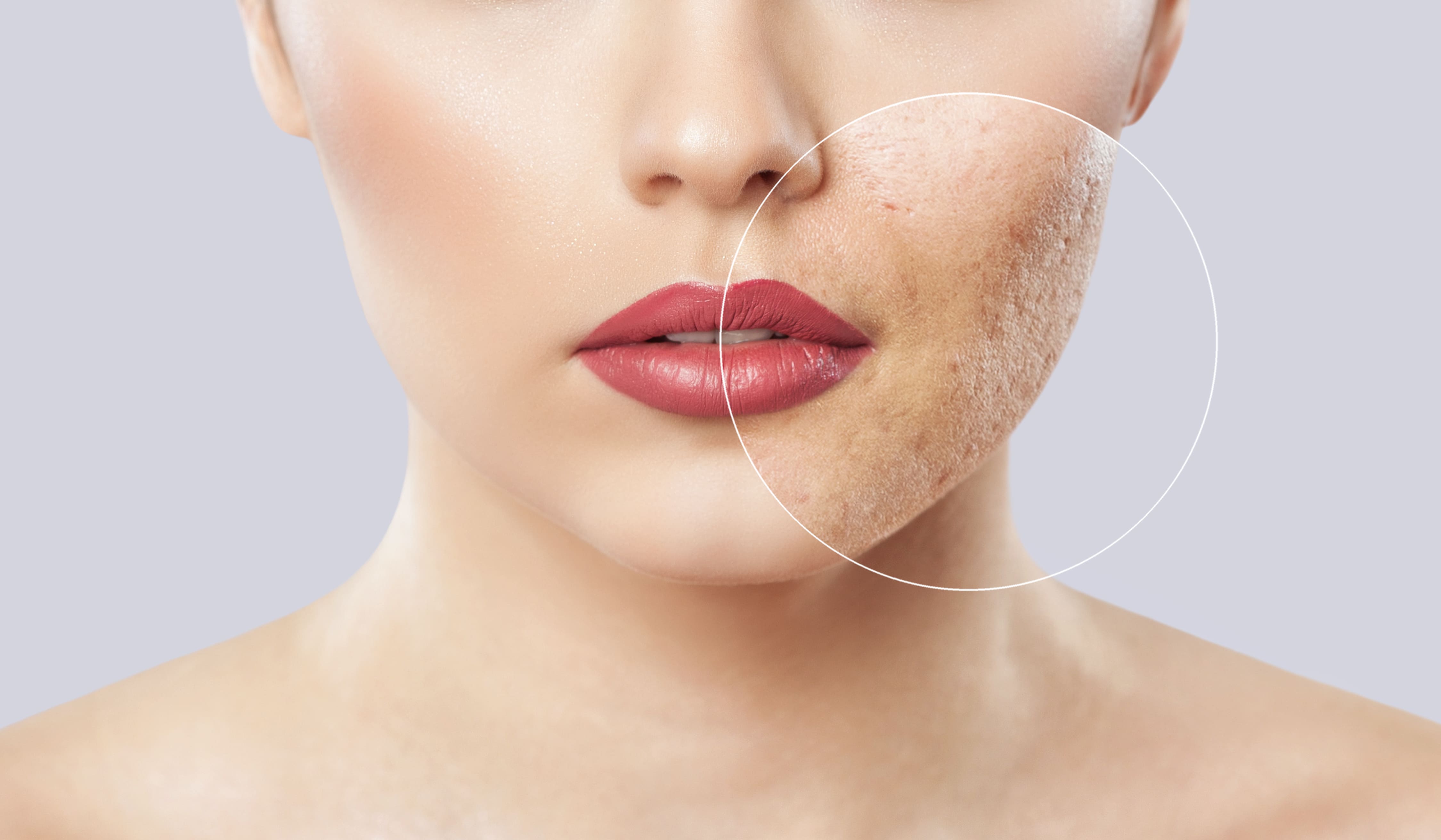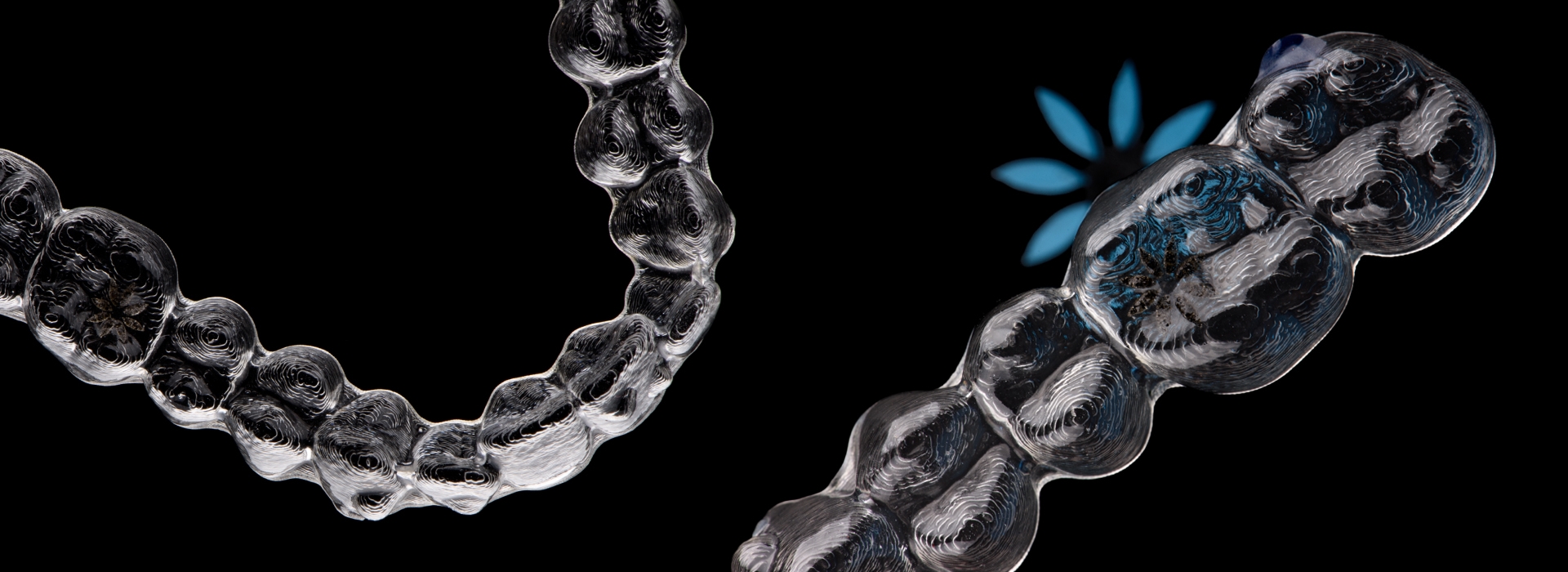Expert Dentures Services at Queens Medical Center in Dubai
Restore Your Smile and Confidence with Personalized Dentures in Dubai.
Look Your Smile
Natural Looking Dentures
Dentures are removable replacement teeth that are formed to replace missing teeth that have been lost due to tooth decay, tooth extraction, natural aging, poor oral care, gum disease, or facial and jaw injuries. They help to restore your smile, and make it easier to eat and speak.
If you lose all your teeth, facial muscles will decline, which will affect your appearance, and cause jaw pain. Dentures will help to refill the gaps for better facial and profile appearance, and eventually reduce pain. They are custom designed to resemble your natural teeth, so they look as natural as possible. Common types of dentures include: full, partial removable, partial fixed, implant retained, and immediate.

Benefits Of Dentures
-
Facial Muscles and Jawbone Support
Dentures provide support to the facial muscles by preventing sagging. They also help in preserving the structure of the jawbone by preventing bone loss and maintaining facial integrity. -
Ease in Eating
Dentures restore your ability to bite and chew so you get to enjoy a wide variety of foods. With properly fitting dentures, you can comfortably and confidently eat foods that may have been difficult or impossible with missing teeth. -
Protects Remaining Teeth
Dentures help distribute the forces of chewing evenly among your teeth. This prevents excessive wear on the remaining natural teeth. By providing support and stability, dentures help protect your existing teeth from damage. -
Improved Speaking Ability
Missing teeth can affect your ability to pronounce words correctly. Dentures help in improving speech clarity by providing support to the tongue and other oral structures involved in speech production. -
Increased Confidence & Self-Esteem
Dentures restore your smile and facial aesthetics which can significantly enhance your self-confidence and self-esteem. They allow you to speak, eat, and smile without worrying about gaps or missing teeth. -
Reduced Risk of Oral Health Issues
Dentures fill in the gaps that can trap food particles and harbor bacteria. By maintaining proper oral hygiene and regular dental check-ups, you can reduce the risk of oral health issues.
What are Dentures?
What are Dentures?
Full Dentures

Full or complete dentures are removable artificial teeth used when you have lost all of your teeth, or most of your teeth. They can be conventional or immediate. They sit on top of the gums. If you have a few teeth left, it is required to remove all of the remaining teeth, then the gums are left to heal before fitting the them. They consist of three surfaces: the impression surface, the occlusal surface, and the polished surface.
Conventional dentures are typically placed within 8-12 weeks after the teeth have been extracted. However, immediate dentures are made in advance and can be placed as soon as the teeth are removed. The advantage is that the patient does not have to be without teeth during the healing period.
Partial Dentures
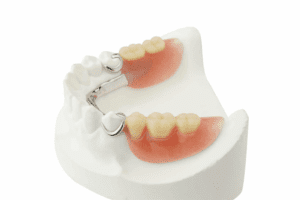
Previous Patients
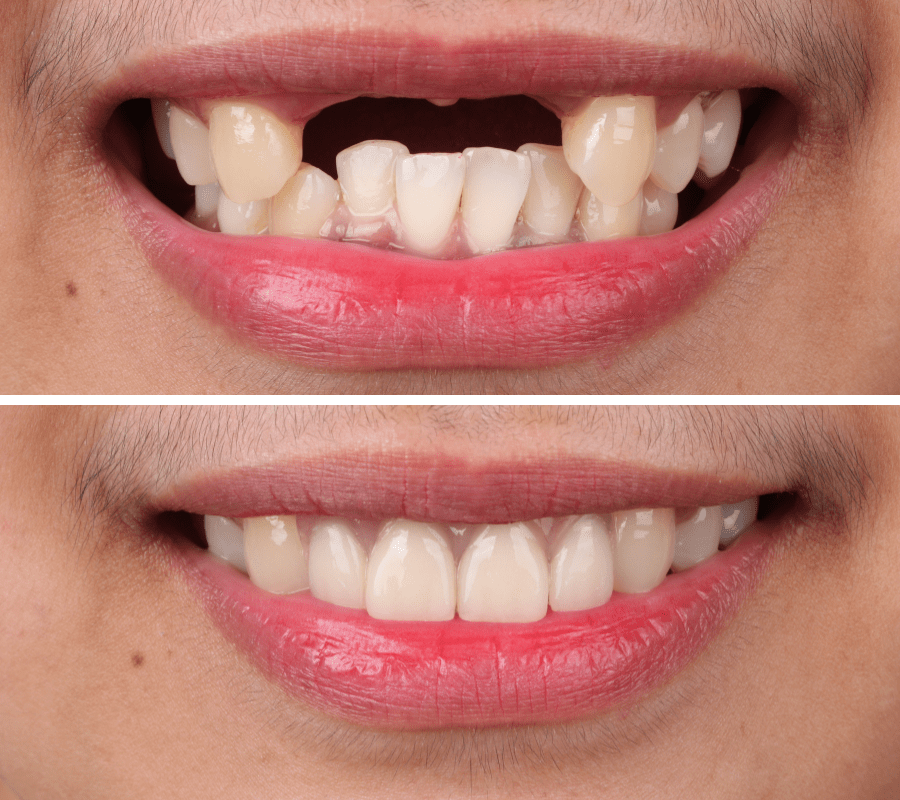
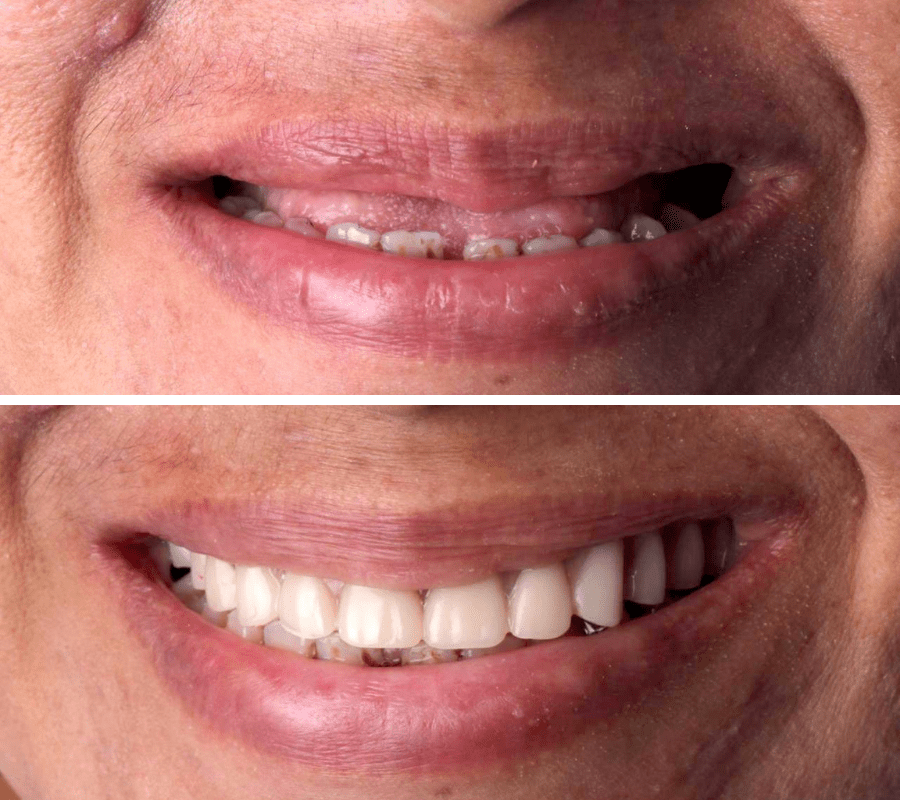
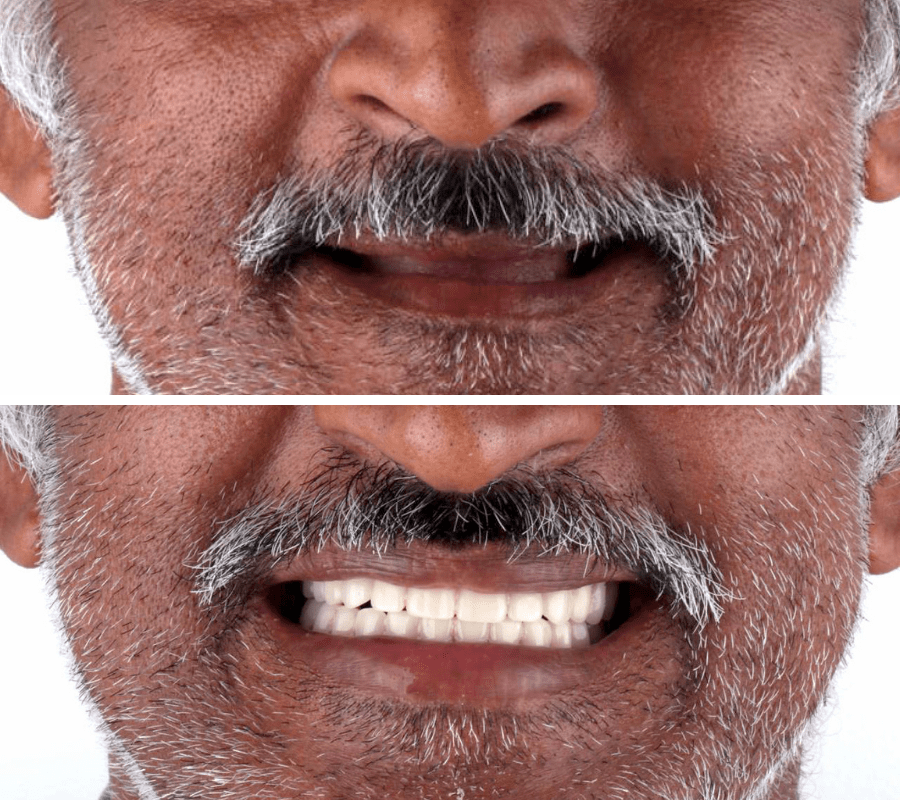
Dentures Cost
At Queens Medical Center, we believe in transparent pricing for our dental treatments. Our pricing is based on the complexity of the case and the specific needs of each patient. To get an accurate quote for your dental procedure, we recommend scheduling a consultation with our experienced dental team. Contact us today to schedule a consultation and receive a personalized quote for dentures.
Restore Your Smile and Regain Your Confidence
At Queens Medical Center, we believe in transparent pricing for our dental treatments. Our pricing is based on the complexity of the case and the specific needs of each patient. To get an accurate quote for your dental procedure, we recommend scheduling a consultation with our experienced dental team. Contact us today to schedule a consultation and receive a personalized quote for dentures.


